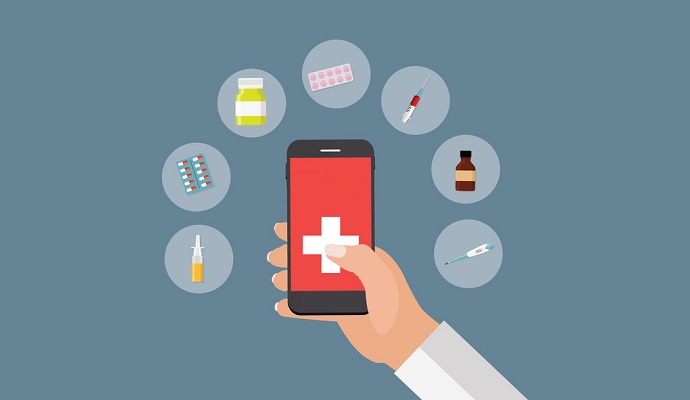NY Payer Launches Virtual Care Solution for Medicaid Members
MVP Health Care joined forces with Galileo to launch a bilingual virtual care app for Medicaid members in New York.

Source: Getty Images
- MVP Health Care, a nonprofit payer with members in New York and Vermont, has partnered with technology-driven medical group Galileo to launch a virtual primary and specialty care solution for Medicaid members.
Through Galileo's bilingual application, MVP Health Care's Medicaid members in New York will have 24/7 access to clinicians via text or video chat. The app is made for both Spanish and English speakers.
The members will be able to select a primary care provider through Galileo and be connected to acute care, specialty care, chronic condition management, pharmacies, and laboratories.
"Offering virtual primary care is a monumental step towards creating an environment that offers our members equitable choice and convenience in their health care journey," said MVP Health Care President and CEO Chris Del Vecchio in the news release. "This option uniquely positions MVP and Galileo to create more equitable access and address the unmet needs of our Medicaid population. We are proud to be the first health insurer to offer this innovative option to our members."
Nearly 40 percent of its Medicaid members have not seen a primary care provider in the past 18 months due to various barriers, including transportation and language barriers, the payer said.
"We built Galileo as a new gold standard in medicine — designed to improve the quality and reliability of care for complex and diverse populations, in both rural and urban communities," said Thomas Lee, MD, founder and CEO of Galileo, in the news release.
MVP Health Care's move is in keeping with payer efforts to increase access to virtual care services. Several prominent insurers have launched virtual-first health plans over the course of the COVID-19 pandemic, including Cigna and UnitedHealth Group.
Recent data from payers shows that virtual care lowers healthcare costs, increases access to care, and leads to improved health outcomes among patients. And it appears to be popular option among Medicaid beneficiaries.
Like with private insurance and Medicare, telehealth usage surged among Medicaid and Children's Health Insurance Program members during the COVID-19 pandemic. Nearly 68 million services were delivered via telehealth for this population between March and October 2020, according to data from the Centers for Medicare & Medicaid Services. This represents an increase of more than 2,700 percent compared to the same period from 2019.
Though telehealth use in the Medicaid and CHIP population began to fall in October 2020, usage levels remained substantially higher than in previous years.
But state policies surrounding telehealth vary widely, resulting in barriers to access.
For example, though most states modified their Medicaid reimbursement policies for telehealth, the policies differ with regard to the modality. Only 22 states recognize and reimburse for store-and-forward, or asynchronous, telehealth services. While some states, like Maryland, make exceptions in order to cover only some asynchronous services.
Another report, released by a trio of policy research organizations earlier this month, reveals that some of the states that were hit the hardest by COVID-19 have the most restrictive telehealth laws.
